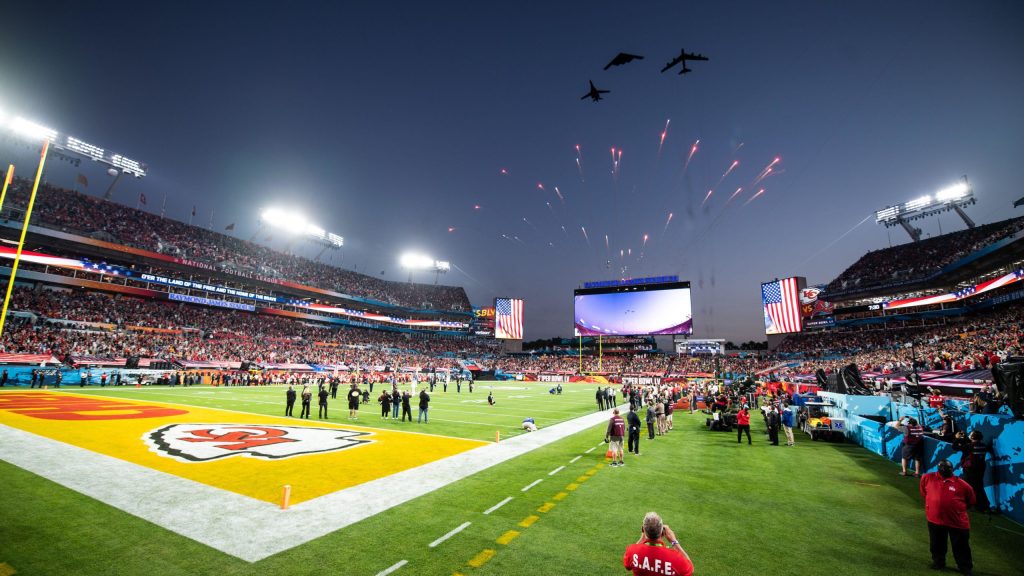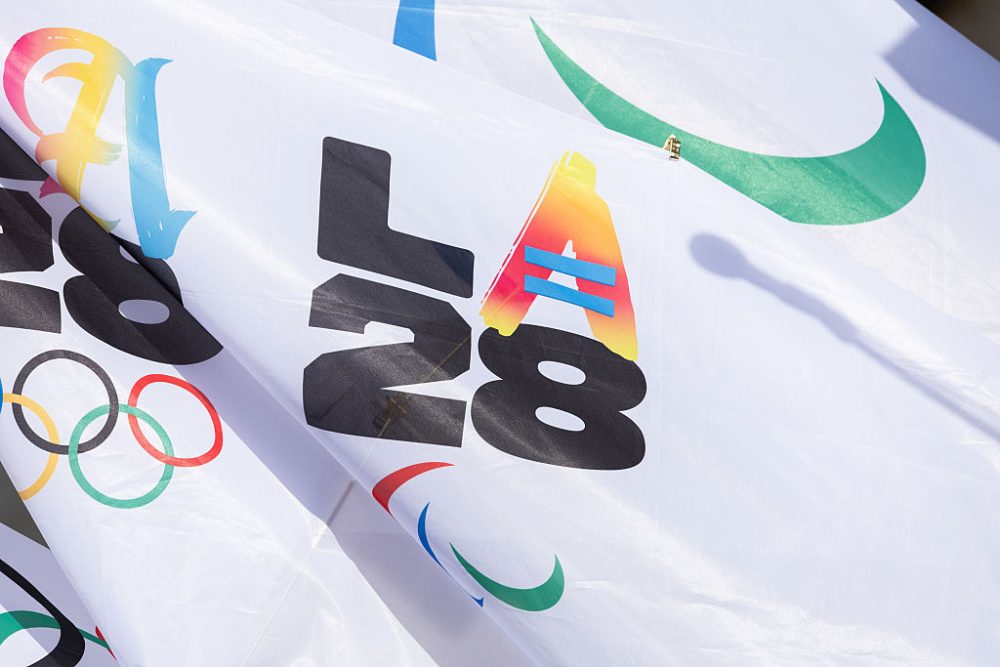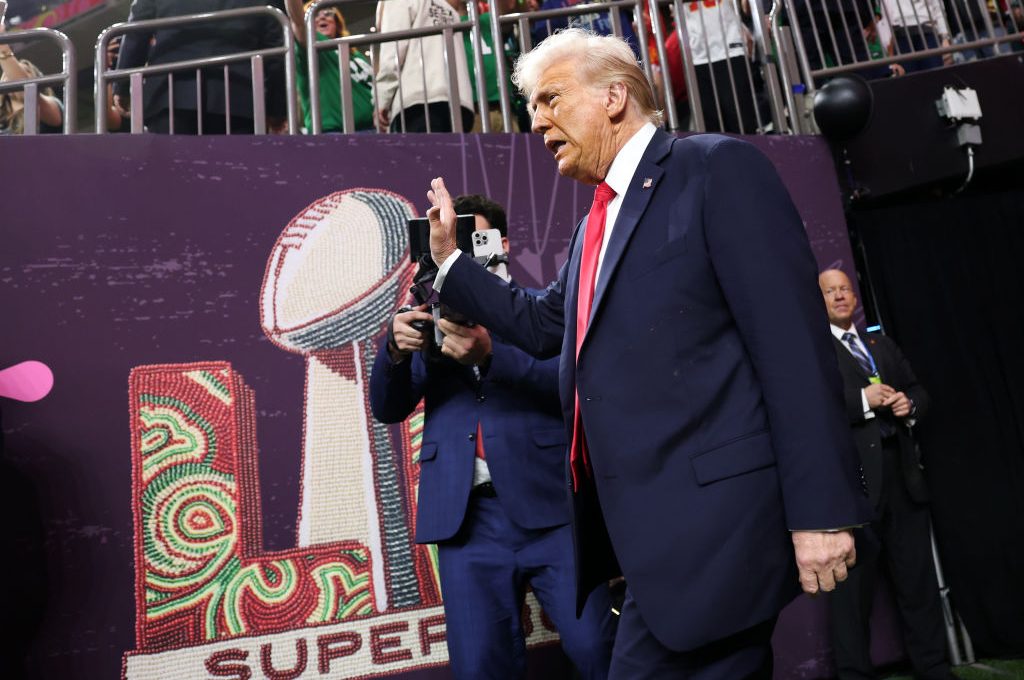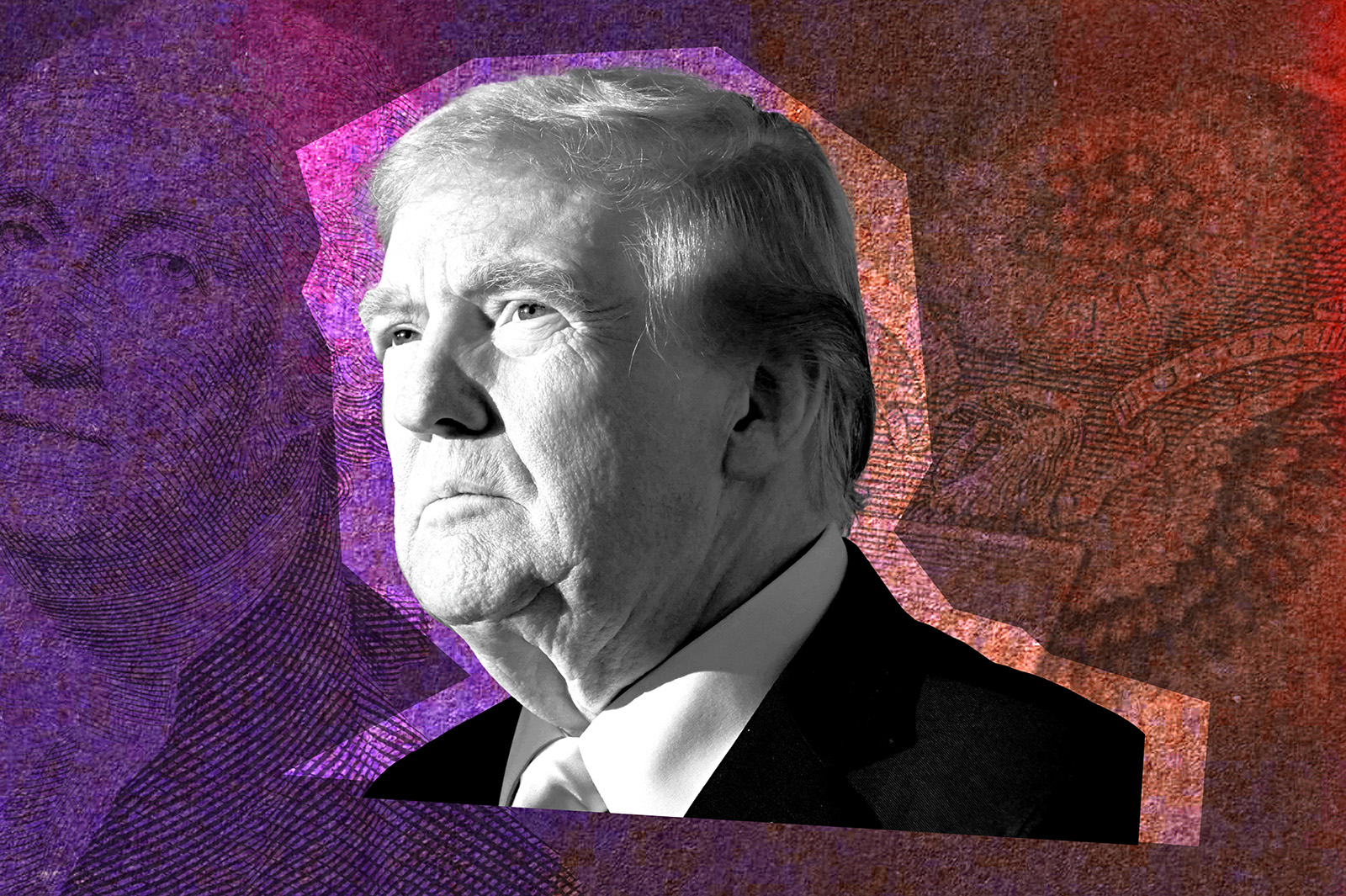Two Democratic lawmakers in Tennessee have introduced a bill that, if passed, would make the day after the Super Bowl a statewide holiday. The initial version of the bill also proposed removing Columbus Day as a holiday.
With Republicans dominating the state legislature, two Democrats offering a popular, seemingly apolitical holiday in exchange for eliminating a more controversial, clearly politicized one was unlikely to fly. So it’s unsurprising they’ve dropped that stipulation. The idea of a holiday the day after the Super Bowl has been a pipe dream for NFL fans for almost as long as the Super Bowl has existed, and the subject comes up just about every year around this time. If nothing else, the bill is a canny bit of attention-seeking, and if the media headlines are any indication, it’s a pretty effective gambit.
State Representative Joe Towns, Jr., one of the sponsors of the bill, gave a statement to Yahoo Sports last Friday clarifying and rationalizing the proposal:
In the upcoming final version of the bill, we won’t be replacing any other holidays,” Towns said. “But with more than 16 million Americans expected to skip work the day after the Super Bowl and about 8 million expected to ask for the day off in advance, we’re talking about a major hit to the workforce. My bill simply wants to examine giving the rest of us the day off. Let’s face it, it doesn’t get much more American than the Super Bowl and it’s becoming more and more the norm to miss work the next day. So maybe we should just codify it… or at least just talk about it.
Most of us would gladly accept an extra day off work regardless of the reason. There’s enough statistical backing to sell it — the day after the Super Bowl is one of the least productive work days of the year, with outplacement firm Challenger, Gray & Christmas pegging the value of collective lost productivity at $6.5 billion. A study commissioned by DraftKings in 2020 found that 40 percent of respondents would rather work Presidents Day, Martin Luther King’s birthday, or Columbus Day than the day after a ring is bestowed on a superstar QB. Another 10 percent took it further, saying they would rather work Thanksgiving or Christmas than that Monday.
Last year’s Super Bowl averaged 112.3 million viewers, meaning about a third of the country is staying up late, overindulging in junk food and possibly alcohol. What’s more, lots of these people are eager to talk it out the next morning — and there’s an entire industry of sports media, not to mention hordes of people on social media, waiting to indulge them.
On another level, however, making the day after the Super Bowl a holiday is a weird precedent to set. The most prominent legal holidays in the United States have over time become dominated by consumerism. Look at Christmas, Thanksgiving, Halloween, the Fourth of July, all of which have been largely infiltrated by commercial interests. Even something like Valentine’s Day, which isn’t a legal holiday, gets dismissed by some as a creation of the greeting card companies and restaurants to ply their wares.
Marking the day after the Super Bowl is, at best, enshrining football as the national sport. After all, no one is getting off the day after the World Series, the NBA Finals, the Stanley Cup Final, March Madness, or The Masters, and almost no one is suggesting they should. The days when baseball could accurately be called America’s pastime are in the rearview.
But is this really about football? Just as many people report being excited to watch the commercials and the halftime show as the game itself. The Super Bowl is a widespread cultural event that transcends football, including those who watch, however begrudgingly, because it means bearing witness to the big spectacle of the day. Everything about the Super Bowl is about consumption, from the many brands who call it The Big Game out of fear of being sued by the NFL to the gambling apps that stage high-profile stunts to spur attention and hopefully extensive wagering. It’s consumerism all the way down.
To some degree, that’s fine — rampant consumerism is undeniably American. Is that the America we want to celebrate, though?

























